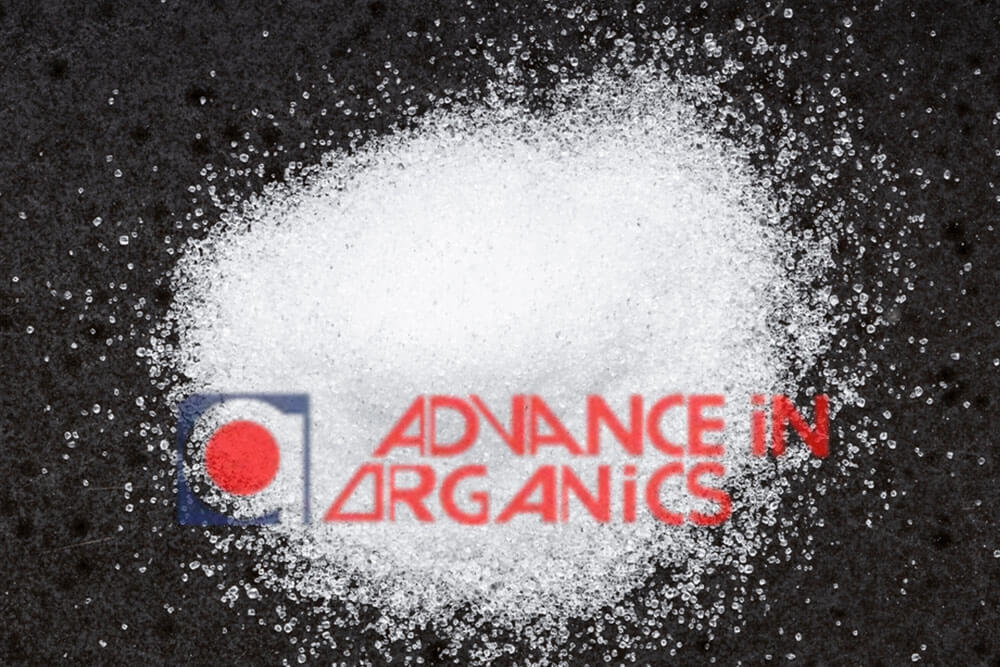In the quest for healthier alternatives to sugar, one name often comes up: maltitol. This sugar substitute has recently copped a lot of attention for replacing sugar in its look and feel while it lacks the same energy worth and the adverse effects of sugar. Then what does it mean by maltitol and why this one is being chosen as the healthier option to gain the sweet taste?
What is Maltitol?
Maltitol is a carbohydrate with the chemical properties of sugar and alcohol but is not in either category of food products. Derived from corn syrup or wheat, maltitol is an important ingredient which is utilized in diverse products such as foodstuffs and drinks due to its sweetening properties. It is between 75% to 90% as sweet as sugar meaning that it makes an excellent sugar substitute in foods and baked goods that require sweetening.
Some of the side effects of artificial sweeteners include bitter aftertaste while maltitol has no such side effects. It also has a similar texture to sugar in the mouth, which makes it to be widely used in production of sweeteners, confectioneries such as candies and chocolates, baked products and frozen produits such as ice creams. The natural sweetness and compared to sugar it does not have the same effect on our biology – this is why, more and more often, maltitol is used in food production
The Health Benefits of Maltitol
One of the qualities that make maltitol rather attractive is its significantly lower caloric value. With about 2. Medium, maltitol has one calorie per gram and therefore has half the calorie content of normal sugar which has about 4 calories per gram. It is therefore recommended for anyone on a low calorie diet, a perception that has gained the product a lot of popularity among consumers. When it comes to weight management or observing the daily intake of calories the sweetened product with maltitol lets one indulge without throwing dietary discipline to the wind.
Maltitol has other advantages apart from being sweet, including less calories content and has a lower GI as compared to normal sugar. The GI of maltitol is about 35 and this means that it will makes the blood sugar increae at a slower pace with a lesser rate than table sugar with a GI of 65. This makes it a good sugar alternative for diabetic patient or those with other health needs that require moderate control of their blood sugar levels.
Maltitol and Dental Health
The other advantage of using maltitol is on dental health as a sweetener is preferential to other sweeteners. While sugar encourages the development of bacteria in the mouth, which results in tooth decay, maltitol is a non-sugar polymer or non caviaogenic sweetener. This makes it very useful to people who wish to observe dental hygiene but do not want to let go of the sweet foods.
Potential Drawbacks of Maltitol
That said, it is crucial to know the demerit of maltitol because it is not all sweeteners that is 100 percent beneficial to the body. It is possible for consumers to suffer from certain gastrointestinal disorders if they regularly consume large quantities of maltitol. Maltitol is another kind of compound in the category of sugar alcohol and it is only partly assimilated in the small intestines. The remaining part goes to the large intestine where it undergoes fermentation, which results to formation of gases that lead to bloating and even diarrhea in some people in case they take a lot of this supplement.
It is also important that one should understand that even though maltitol has a lesser effect on the blood sugar than the normal sugar it does have an effect on the blood glucose level. Diabetic persons and others who need to regulate their consumption of sugars should also be careful and seek the permission of a doctor in the event they have any concerns.
How to Incorporate Maltitol into Your Diet
Maltitol can be quite helpful if incorporated to the people’s diets since it has less sugar content than the regular white sugar. You can often come across it in the markets while shopping for non-sugar and low-sugar foods like chocolates, candies, baked products, and some drinks. Depending on the recipes at home or while baking, one can replace maltitol in direct proportion to any recipe containing sugar. However, as fructose is bit lesser sweet as compare to sugar, one might need to adjust the sweetness level in the recipe a little.
Conclusion
Maltitol may very well be one of the best sugar substitutions available on the market from where taste and health are concerned. Compared to sugar, in terms of caloric value, blood glucose, and no cariogenic potential, maltitol cannot be beaten for anyone interested in using a sweetener. However, like any other food product the intake of products that contain gelatine should be taken in moderate portions to eliminate chances of stomach upsets. Maltitol thus meets the increasing need in the society for sweeteners that do not come with the various evils associated with unhealthy sweeteners.

